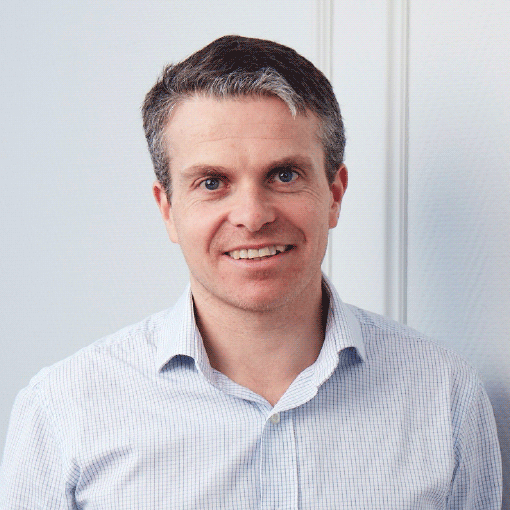
Established in 2007, Small Foundation emerged through the work and involvement of the founding family in development issues in sub-Saharan Africa. As remains true today, the foundation was created with the vision of the elimination of extreme poverty in Africa, with a specific focus on removing the threat of famine.
“Famine is never a ‘food problem’” reflects Tim Brosnan, founding Director, “Famine is a problem of income, and of means and assets. We wanted to work towards creating conditions where famines were no longer a threat.”
Early impacts
From its early days, Small Foundation observed an issue within the field of development. There were strong pilot schemes established by those with good ideas for creating impact, who could find ways of support a particular area, county or region out of poverty. However, all too often these solutions had no means of scaling, or struggled with sustainability past their initial phase.
“We weren’t in the business of inventing things ourselves. We weren’t designing programmes. We had the idea that if we found and backed what worked, and shared our experience and those outcomes with others, we could spread best practice as it is discovered” says Tim, “The problem is vast, and the money we have to invest is small in the grand scheme, so we had to be a catalyst, activating and elevating the sort of impact we want to have.”
And so the foundation initially focused on supporting scalable solutions from NGOs with proven experience in creating opportunities for subsistence farming communities through access to knowledge, finance, technology and markets. These early investments included projects with Self Help Africa, Concern Universal, and Africa Now, amongst others focused on improving access and opportunities for improved livelihoods in rural sub-Saharan Africa.
Evolving as we learned
From the start, Small Foundation took a learning approach. As we backed and supported innovative ventures that took risks, the learning evolved rapidly and informed the approaches to come. We began to focus more on investments in entrepreneurial activities, feasibility studies and research, as well as supporting African experts and entrepreneurs to engage with opportunities, such as conferences and other key platforms.
By 2014, we had refocused our strategy, believing that the best way to achieve our aims was through interventions at a high leverage point that would improve the business ecosystem for rural micro, small and medium enterprises (MSMEs). These opportunities would come in the form of backing agribusiness incubators and accelerators, models for the provision of finance and technical assistance to rural MSMEs, scalable commercial agribusiness models for smallholder farms, and collective impact initiatives.
Investments in this time that highlighted the type of scalable solutions the foundation wished to elevate included AgDevCo, focused on growing sustainable and impactful agribusiness, and, later as we honed our focus on commercially viable business models, Open Capital, a management consulting and financial advisory firm fostering the next generation of African talent, amongst many others.
As Small Foundation realised the potential of collective initiatives for system-wide change, we expanded work into fostering impact networks. In this work we partnered with expert consultants, such as Converge and Creative Metier, who could work with established and nascent networks across the continent to foster greater collaboration and models for learning and developing together.
Small Foundation today
Over the years, our investments in change-making organisations have matured and developed. Some have scaled to expand operations and deliver improved livelihoods for thousands of people; many have evolved their original model to survive and better service their target market; and a few have folded and ceased operation, but such is the nature of embracing risk and backing new ideas. We have learned from and developed with each of these partners, trying to understand what works and adopting and sharing new approaches.
With our small team and ever-growing network of experts, Small Foundation is focused on the next stage. Having refreshed our strategy in 2021 to embed a stronger systems change approach, we have identified system entry points which to help guide us to accelerate change.
While we have altered our methods over the years through growth, change, and relentless learning, Small Foundation maintains the same vision today as it did when we began: a thriving Africa that is free from extreme poverty.
